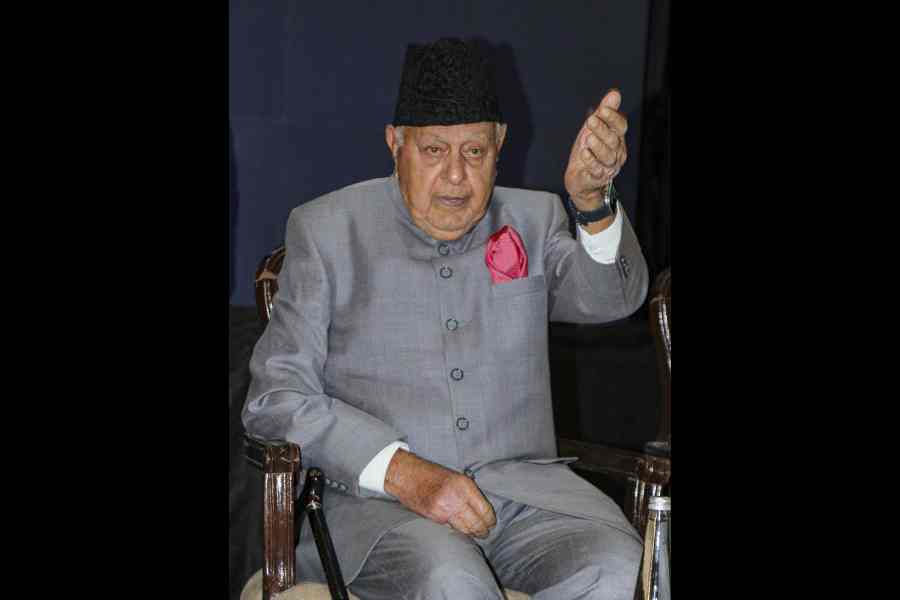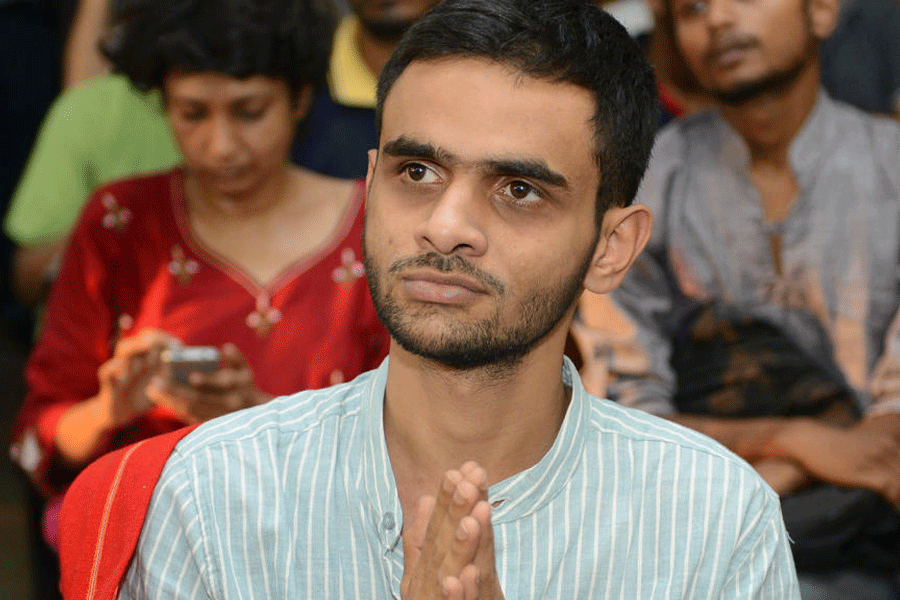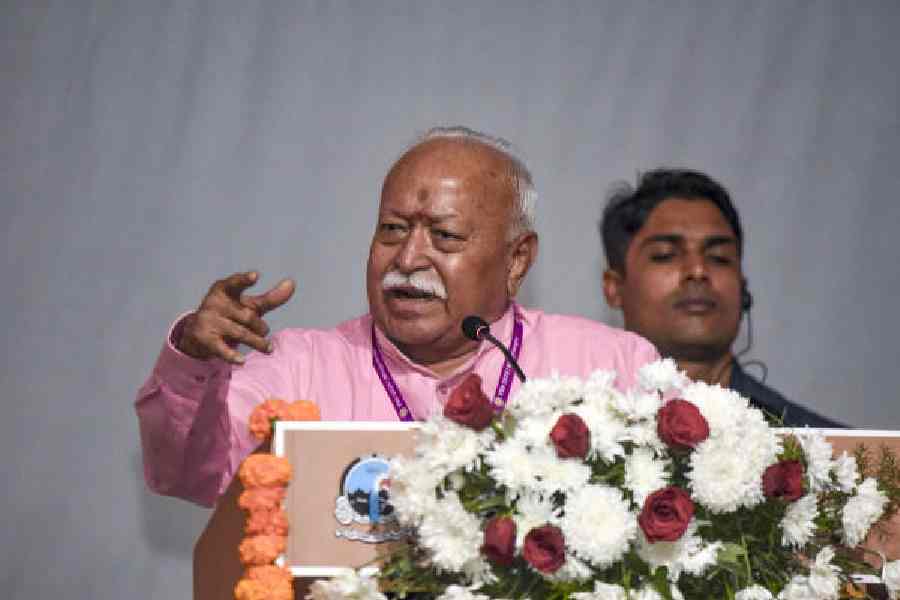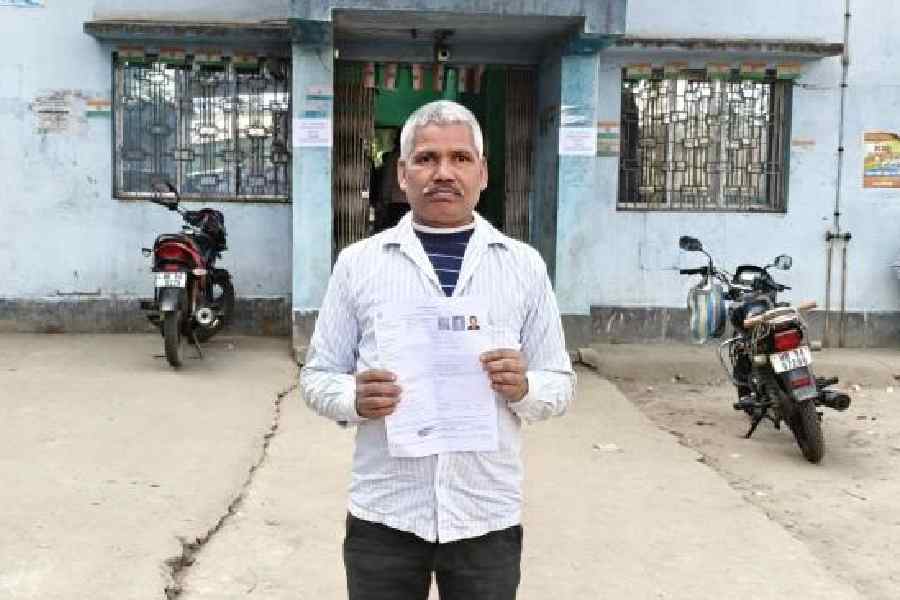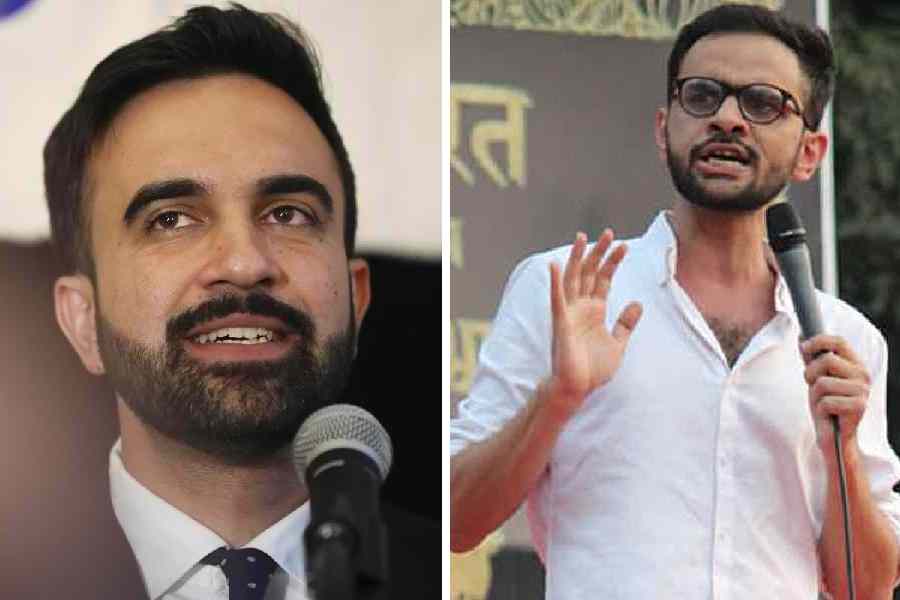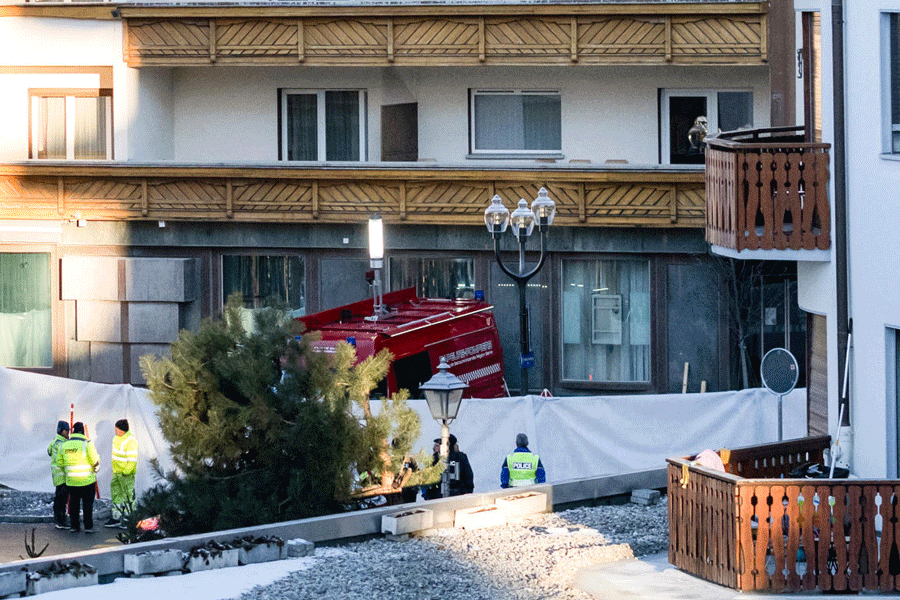Ajay Jain has lost many of his men friends. He knew it would happen. After hiding the fact he was gay for 15 years, the Delhi resident finally broke the news to his pals. They reacted — as he'd expected — with fear, scepticism and hostility. 'Some told me to force myself to have sex with women so that I could prove I was not gay. Others avoided my company,' the 30-year-old public relations manager says.
A Supreme Court ruling that maintains that gay sex is criminal — announced earlier this week — is not the only problem the gay community is faced with. Despite the fact that the gay movement is vibrantly out on the streets today, a section of people still finds it difficult to accept homosexuality. As more and more men come out of the closet, they find that people they earlier considered friends are turning their backs on them.
'I always fear that I will be dropped by my heterosexual male friends or ridiculed if I tell them I am gay. I have seen and heard my heterosexual male friends ridicule gay men as hijras,' Mumbai-based software engineer Prithvi Patel stresses. 'I haven't told them I am gay because I don't want to be subjected to that kind of humiliation,' he says.
Sociologists believe that homophobia — the fear or dislike of homosexuality — is common among many heterosexual men. Humiliating gay men, ridiculing them and avoiding them are all traits of homophobia, says Sanjay Srivastava, professor of sociology, Institute of Economic Growth, Delhi.
There are many reasons for this, including fears that experts shrug off as baseless. Some heterosexual men, for instance, live in the fear that gay men will make passes at them. 'Lack of knowledge about the behaviour of homosexual men has led to this wrong impression,' says Anjali Gopalan, founder of Naz Foundation, an NGO working for the rights of the lesbian, gay, bisexual and transgender (LGBT) community.
Some believe that being seen in the presence of homosexual men may lead people to think that they too are gay. Take the case of Rishav Banerjee, a Delhi-based banker, who no longer spends time with a friend ever since he found out that he was gay. 'If I am seen with him, many will think I am a part of the club. And I don't want to be labelled gay,' Banerjee says.
But the larger issue, experts hold, is that in a society where patriarchy holds sway, gayness is seen in most quarters as a sign of femininity in men, and therefore to be shunned or made fun of. Some argue that heterosexual men fear losing their conventional masculine identity.
'Since we have a patriarchal society, heterosexual men look down upon gay men because they are believed to be woman-like or effeminate,' says Srivastava, author of Sexuality Studies. 'If he is not able to take charge, he is called a woman.'
Many of these doubts are aired when heterosexual men contact the Mumbai-based Humsafar Trust, an NGO that works on transgender rights. ''Will I be considered gay if I hobnob with gays' or 'how do I reject an advance made by a gay friend' are common queries from heterosexual males,' founder-chairman Ashok Row Kavi says.
On the other hand, women, gay men maintain, do not show such homophobic traits — though again there are exceptions. 'They understand the feelings of gays and lesbians because they empathise with the ones who are oppressed and are being discriminated against,' says writer and poet Kunal Mukherjee, the author of My Magical Palace.
Homophobia, gay activists point out, takes various forms in the country. Ridiculing homosexuality is just one aspect of this. At another level, there is severe harassment, often by the police. Politicians also often make homophobic remarks. In 2011, Union health and family welfare minister Ghulam Nabi Azad described homosexuality as 'completely unnatural'. Earlier this week, when BJP's Prakash Javadekar was asked for his views on the Supreme Court ruling by a TV journalist, he turned his face away and said, 'Shiva, Shiva' — a phrase that roughly translates into 'Don't even ask'.
Homophobia can also be generated out of insecurity about one's own sexuality, say activists. A 1996 study conducted in the US claimed that 80 per cent men who were homophobic had secret homosexual feelings. 'Four out of five men became sexually aroused by homoerotic imagery when they were shown gay sex videos,' it said.
Srivastava believes that some heterosexual men become homophobic out of a conflict over 'what they must not become' and 'what they actually are.'
But activists point out that it wasn't always so. Homophobia — historian, author and gay studies scholar Saleem Kidwai argues — is a colonial import.
'Traditionally, Indian men were open about gay love and sex. But the official incorporation of India in the British Empire signalled the violent end of medieval India. For same sex love, that end was signalled by the 1861 law that criminalised homosexuality,' Kidwai says.
In Same-Sex Love in India, jointly authored with Ruth Vanita, he writes about Abru, an Urdu poet of the 17th century. Abru's poem Advice to a Beloved revolves around ways a young boy can look attractive before other men. In mystic poet Siraj Aurangabadi's work, Bustani-i-Khaya, the narrator is heartbroken over the loss of his male beloved and seeks solace in the company of women courtesans who understand his plight and try to cheer him up.
'Urdu poet Josh Malihabadi addresses ghazal singer Saghar Nizami as 'my bride'. Painter Amrita Sher-Gil's letters reveal her lesbian involvements,' Kidwai adds.
Some initiatives are being taken by queer rights activists to dispel homophobia. For example, lawyer Rajesh Talwar's satirical play Inside Gayland revolves around the visit of a married Indian to a planet where homosexuality is the only natural form of intercourse while heterosexuality is outlawed. And an intense campaign led the Delhi High Court to decriminalise gay sex in 2009 — which was struck down by the apex court on Wednesday.
Activists stress that while laws indeed will empower gay men, social acceptance will come when mindsets change.
'Heterosexual men have to understand that homosexual men are as normal as they are and are very much a part of society. It is abnormal to think that homosexuality is an aberration,' Gopalan stresses.
Going by gay men's experiences, though, it will be a while before the closets of the minds open. Including those in the highest of echelons.




